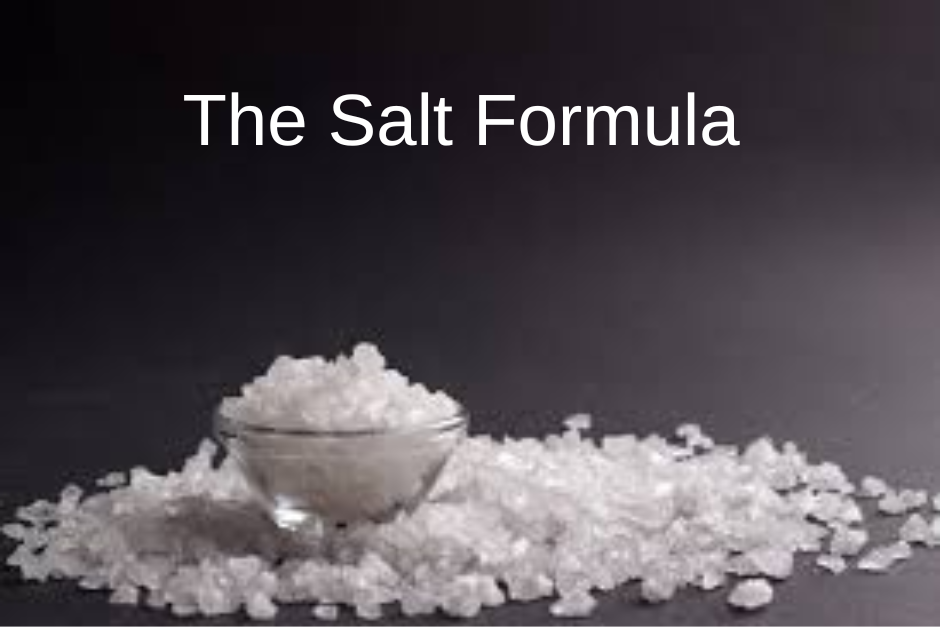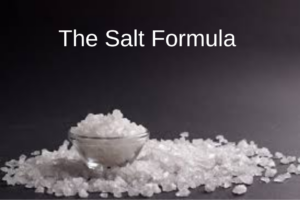
04 Apr Vayikra; The Salt Formula – Rav Yitzchak Ginsburgh, Gal Einai
 Parshas Vayikra
Parshas Vayikra
The Salt Formula
Gal Einai – Rav Yitzchak Ginsburgh, Rabbi Moshe Genuth
Vayikra 2:13
And all your meal offerings you shall salt with salt, and you shall not omit the salt covenant of your God from upon your meal offering; upon all your offerings you shall offer salt.[1]
Nachmanides explains that, following the theory of four elements, salt is a mixture of elemental water and elemental fire. Salt is extracted from water (especially from the sea of salt, the Dead Sea) while the salt itself burns like fire. Thus, salt is the mixing of the opposites of the traits of loving-kindness (water) and might or fear (fire).
The people of Israel, too, consist of many different shades and even opposites. There is no need to nullify one or the other because they are opposites. Rather, we need to find the “salt” that unites them. The “salt covenant” in our verse also appears in connection with the priestly gifts enumerated in the Torah portion of Korach.[2] It is also mentioned in reference to the rule of the House of David, “You should know that Havayah, the God of Israel, has given dominion to David over Israel for eternity, for him and his sons, a salt covenant.”[3] Thus, it is the king ( מֶלֶ) who acts like the salt (מֶלַח) connecting the disparate elements of the people.
Turning to our modern understanding of chemistry: salt is a compound made up of sodium and chloride. Sodium’s atomic number is 11, chloride’s is 17, so we can associate salt with the number 28 (every molecule of salt has 28 protons and 28 electrons). Sodium has one extra valence electron while chloride is missing a valence electron. Sodium thus donates its extra electron to chloride, thus creating an ionic bond. Relatively then, sodium is masculine (because it donates its electron) while chloride is feminine, receiving the extra electron.
Amazingly, these numbers are alluded to in the verse from our parashah, quoted above. In the words, “And you shall not omit the salt covenant of your God from upon your meal offering” (וְלאֹתַשְׁבִּית מֶלַח בְּרִית אֱ הֶי מֵעַל מִנְחָתֶ) there are exactly 28 letters. These words constitute the strong, prohibitive element with regard to salt. Just the first three words, “And you shall not omit the salt…” (וְלאֹ תַשְׁבִּית מֶלַח) have 11 letters, which means that the rest of the phrase has 17 letters. In addition, in the final positive directive, “Upon all your offerings you should offer salt” (עַל כָּל קָרְבָּנְ וַֹקְרִיב מֶלַח) there are once again 17 letters. In addition, this entire verse has 17 words, and the previous verse has 11 words
[1]. Leviticus 2:13.
[2]. Exodus 18:19.
[3]. 2 Chronicles 13:5.